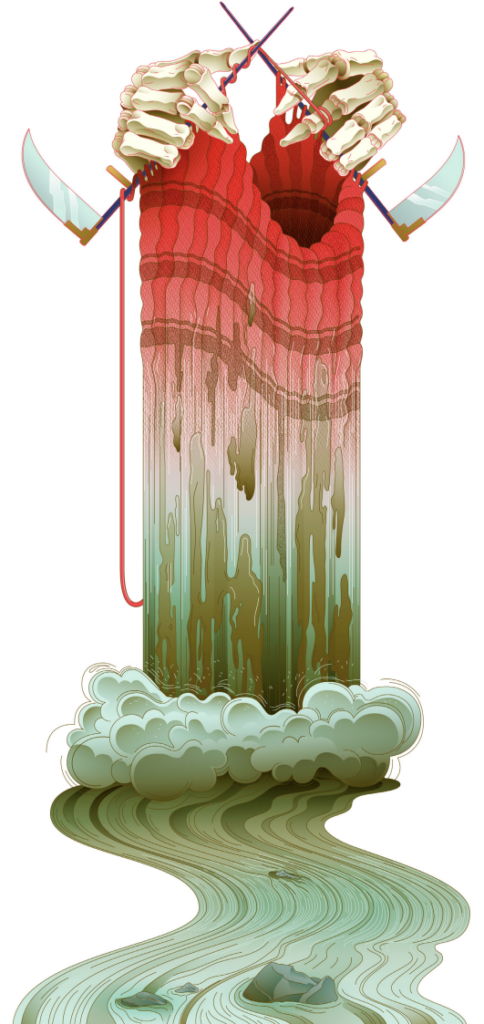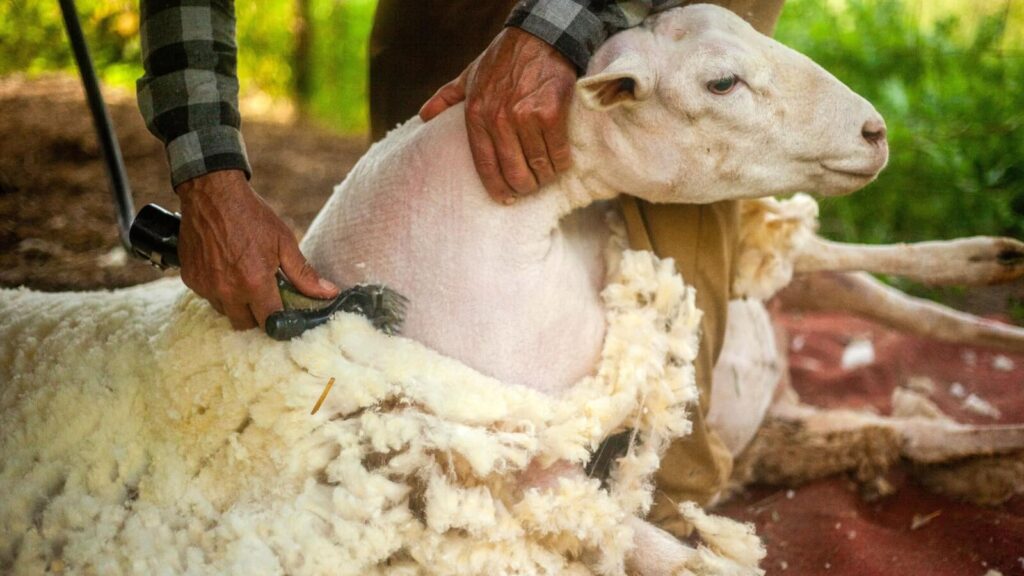Wool production is a significant driver of biodiversity loss, according to a new report, and is accelerating climate breakdown. As such, experts have recommended phasing out the animal product in favor of vegan alternatives.
The Center for Biological Diversity and Collective Fashion Justice’s CIRCUMFAUNA initiative collaborated on the report.
It concluded that wool producers have embellished the truth of the industry. Specifically, by pushing the narrative that sheep hair production is “natural, traditional, and sustainable.”
One industry player, Woolmark, which represents 60,000 Australian wool growers, refers to wool as “a friend to the environment.”
Stephanie Feldstein, population and sustainability director at the Center for Biological Diversity and co-author of the report, begs to differ.
“The industry has been pulling the wool over our eyes for decades, claiming that wool is a sustainable fiber,” Feldstein said in a statement. “Wool clothing comes with a heavy price tag of greenhouse gas emissions, land use, biodiversity loss, and pollution. Nothing about wool is sustainable.”
The environmental cost of wool

Researchers found that the average “climate cost” of sheep’s wool is three times greater than acrylic, and five times greater than conventionally grown cotton.
Further, wool requires 367 times more land per bale than cotton. Meanwhile, the chemical process of cleaning shorn wool pollutes waterways and kills aquatic life.
“Sheep grazing pasture land may seem innocent and natural, but sheep are introduced, bred and eventually slaughtered while the grazed lands are degraded and prevented from thriving,” said Emma Hakansson, Collective Fashion Justice founding director and co-author of the report. “There’s nothing natural about this inefficient, unsustainable and exploitative industry.”
The Center for Biological Diversity and Collective Fashion Justice are now urging players across the fashion industry to phase out wool, or cut their usage of it by at least half, before 2025.
The organizations are also calling for research into alternatives that don’t rely on fossil fuel-derived fibers, like acrylic and polyester. Further, companies that are using wool must be more transparent about its impact on biodiversity, the report says.






